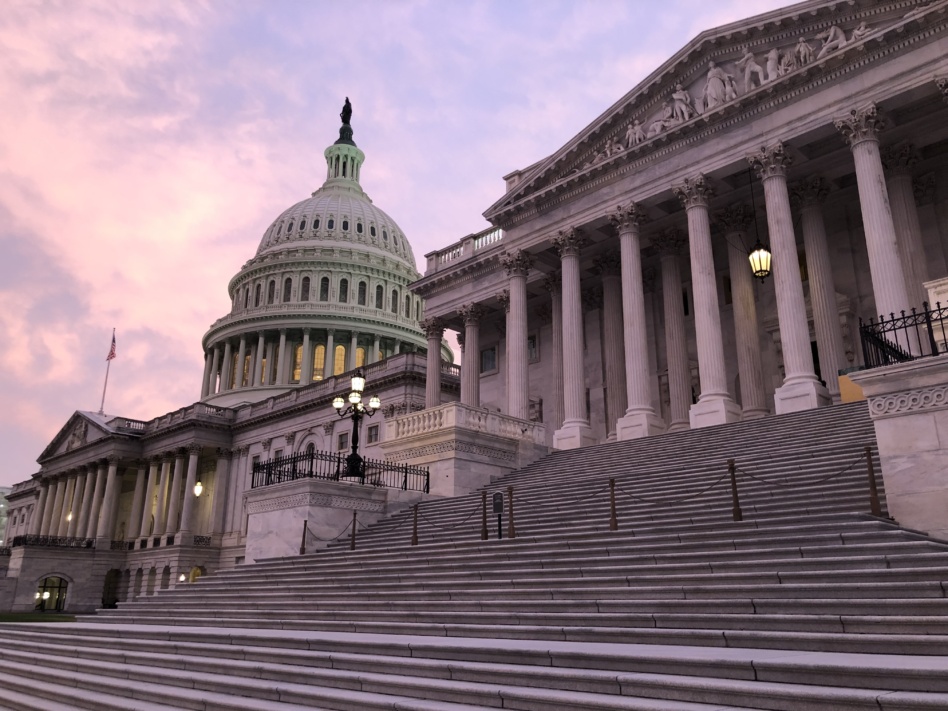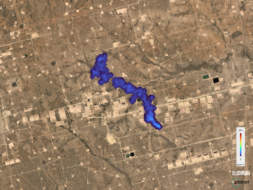The rare public back-and-forth between Congress and the White House that led to the reveal of Russia’s nuclear ASAT plans is getting a review under an amendment to the NDAA introduced by Rep. Seth Moulton (D-MA).
A quick refresher: In February, House Intelligence Committee Chairman Rep. Mike Turner (R-OH) shared an ominous-sounding post on social media warning of “a serious national security threat.” The committee made the information available to all lawmakers, and Turner called on the administration to declassify the intelligence to share it more widely.
Not long after, news broke that Russia was pursuing a nuclear anti-satellite capability. The White House addressed the threat from the podium the following day, with National Security Council spokesperson John Kirby saying that the US had been aware of the threat for “many, many months, if not a few years,” but that recent intelligence had provided “a higher sense of confidence” about how Russia is pursuing the technology.
Kirby also assured the public that the capability was still in development and did not pose an immediate threat to safety on Earth.
The amendment: The proposal from Moulton, which was narrowly adopted by a 31-27 vote, would direct the government to look at the impact detonating a nuclear weapon in space, but also look at the harm that may have been caused by Turner’s cryptic message that ultimately forced the White House to address the intelligence.
The amendment calls for:
- A review of any intelligence sources that may have been compromised or lost because of the way the information leaked out
- A summary of any options to counter the weapon that were no longer available because the intelligence had been made public.
Other space inclusions: We already covered the space highlights of the chairman’s mark, but lawmakers approved a number of other space-related amendments during last week’s markup, including:
A report from the chief of space operations on the service’s plan to modernize its satellite control network
- Giving governors the ability to veto the transfer of space-focused Air National Guardsmen to the Space Force, which significantly softens the controversial plan
Lawmakers also added a few requests into the directive report language that will accompany the final bill, which is not binding, including:
- A report on in-space servicing, assembly, and manufacturing capabilities
- A briefing no later than March 31 on the establishment of a “space neighborhood watch” using commercial space situational awareness capabilities
- A briefing on DoD’s efforts to develop resilient position, navigation, and timing capabilities
- A briefing by the end of the year on integrating commercial and government satellite systems (including a note that it would be “beneficial” if SDA’s constellation were interoperable with commercial proliferated networks.)
What’s next: The committee approved the bill by a 57-1 vote, sending it to the full House for consideration.
On the other side of Capitol Hill, senators are preparing to kick off consideration of their own draft of the defense policy bill. The Senate Armed Services Committee will mark up its bill behind closed doors beginning on June 12.





